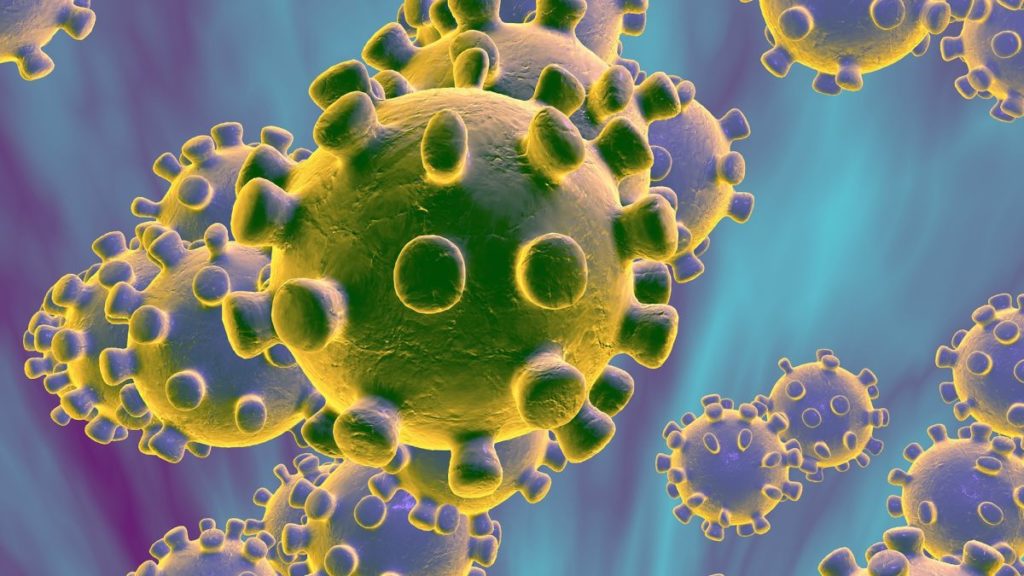The government is considering moving the country to level 3 of the national COVID-19 lockdown by the end of May, President Cyril Ramaphosa said on Wednesday.
Addressing the nation on Wednesday night, Ramaphosa said the government was preparing for a further easing of the lockdown and a gradual opening of the economy, from the current level 4 lockdown.
“We will immediately begin a process of consultation with relevant stakeholders on a proposal that by the end of May, most of the country be placed on alert level 3, but that those parts of the country with the highest rates of infection remain on level 4.”
“We will make further announcements after the completion of the consultations,” said the President.
The government has implemented a risk-adjusted strategy aimed at easing the current lockdown restrictions. However, hotspot areas with high infection rates will remain under level 4.
“I will repeat what I have said before: if we lift the lockdown too abruptly and too quickly, we risk a rapid and unmanageable surge in infections,” Ramaphosa said.
Areas of the country might be designated at different alert levels depending on the rate of infections – and further announcements would be made, the President said.
“This would be done according to the rate of infection in an area and the state of readiness and the capacity of its health facilities to cope with treating infected people.”
Ramaphosa said the infections are mostly concentrated in a few metropolitan municipalities and districts in the country.
He said the government’s approach has been about saving lives and preserving livelihoods.
“Our key objective has always been to slow down the infection rate through a number of interventions in our coronavirus prevention toolbox,” he explained.
In addition, by staying at home, he believes that citizens have helped save lives.
“The best current estimate is that, without the lockdown and the other measures we have taken, at least 80 000 South Africans could have been infected by now.”
According to data, the death toll could have been at least eight times more than it is. In South Africa, 219 people have lost their lives due to COVID-19 related illnesses to date.
President Ramaphosa said the level of confirmed infections in SA is about 181 people per million of the population.
Of South Africa’s 12 074 confirmed cases, the country has recorded 4 745 recoveries.
“By contrast, countries like the United States, the United Kingdom, Spain, Italy and Singapore have between 2 400 and 4 600 Coronavirus cases per million people.”
He also said that at a similar stage in the progression of the disease, the United States had recorded over 22 000 deaths while the United Kingdom had over 19 000 deaths.
Every life counts, Ramaphosa said.
“These 219 people who passed away had families; they had dependents, friends and colleagues. Their lives were cut short by a virus that has caused human and economic devastation across the world.”
Opening up economic activity
In addition, the President said some of the regulations would be eased, as the government gets ready to gradually open economic activity.
Outlining the lockdown easing measures, President Ramaphosa said some regulations surrounding retail, e-commerce and exercise would be relaxed.
He also acknowledged that the coronavirus is taking a toll not only on the health of our people, but also people’s ability to put food on the table, to learn and to develop, and to enjoy many of the basic freedoms that people take for granted.
Citizen’s response
However, he said he been satisfied in how South Africans have responded and dealt with this virus.
“We should never forget that the purpose of the lockdown was to delay the spread of the virus and prevent a huge surge of infections.”
While the country moves towards level 3 and restrictions are eased, President Ramaphosa urged people to continue to adhere to prevention measures in order to curb transmissions.
These measures include social distancing, hand hygiene practices by washing hands regularly with water and soap or sanitiser, coughing into your elbow or a tissue, and wearing cloth masks when in public.
He has also urged health workers to use personal protective equipment, frequent cleaning of the work environment and other public spaces, screening, testing, isolation, quarantine and contact tracing.
“On more than one occasion, I have stood before you and asked you to accept stringent restrictions on your daily lives, knowing that these will bring great hardship,” he said.
“You have heeded these calls, firmly convinced that these measures are necessary for the health and the well-being – indeed the survival – of our young nation,” he said. – SAnews.gov.za


